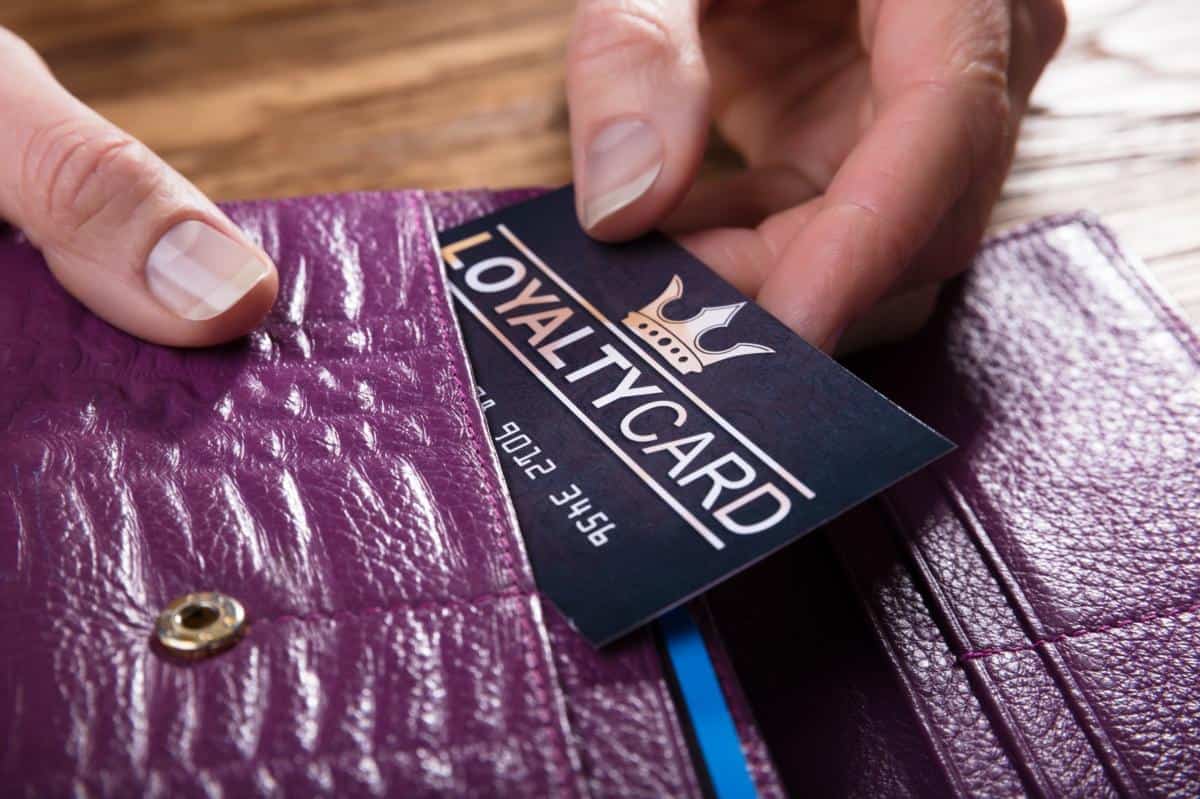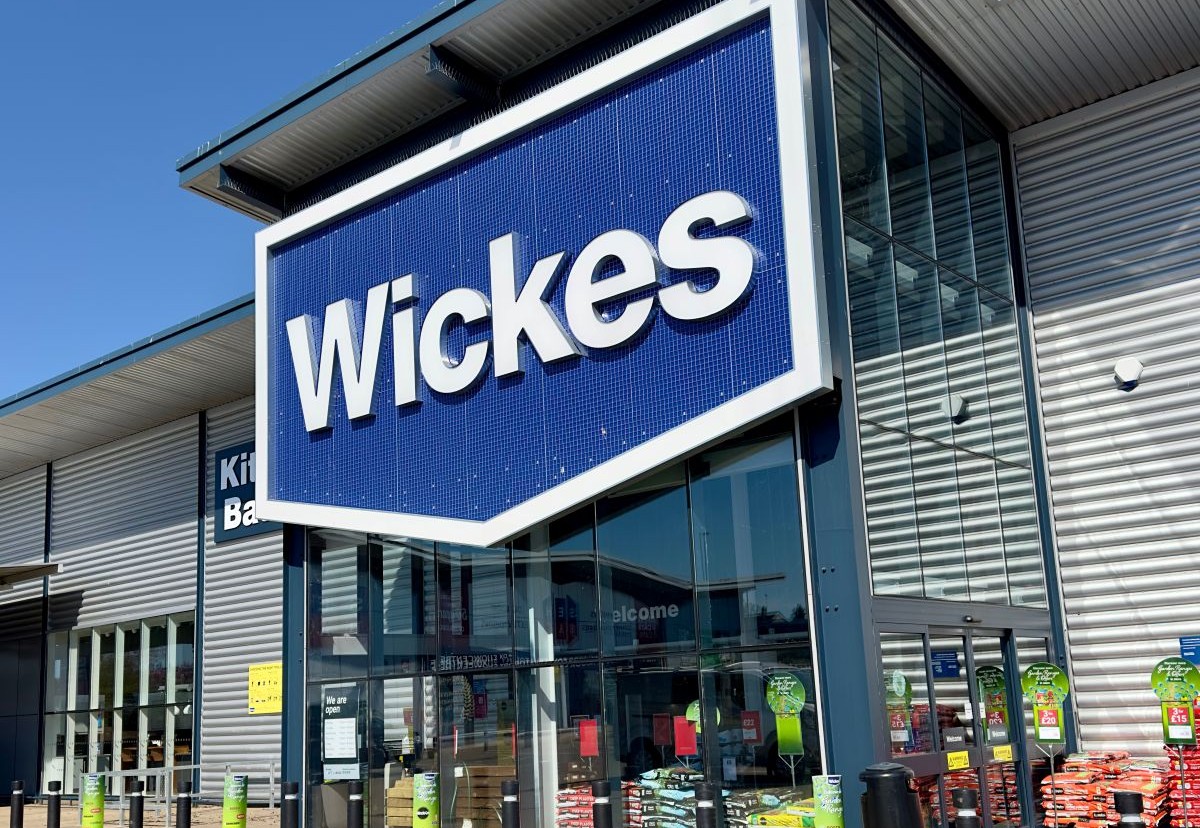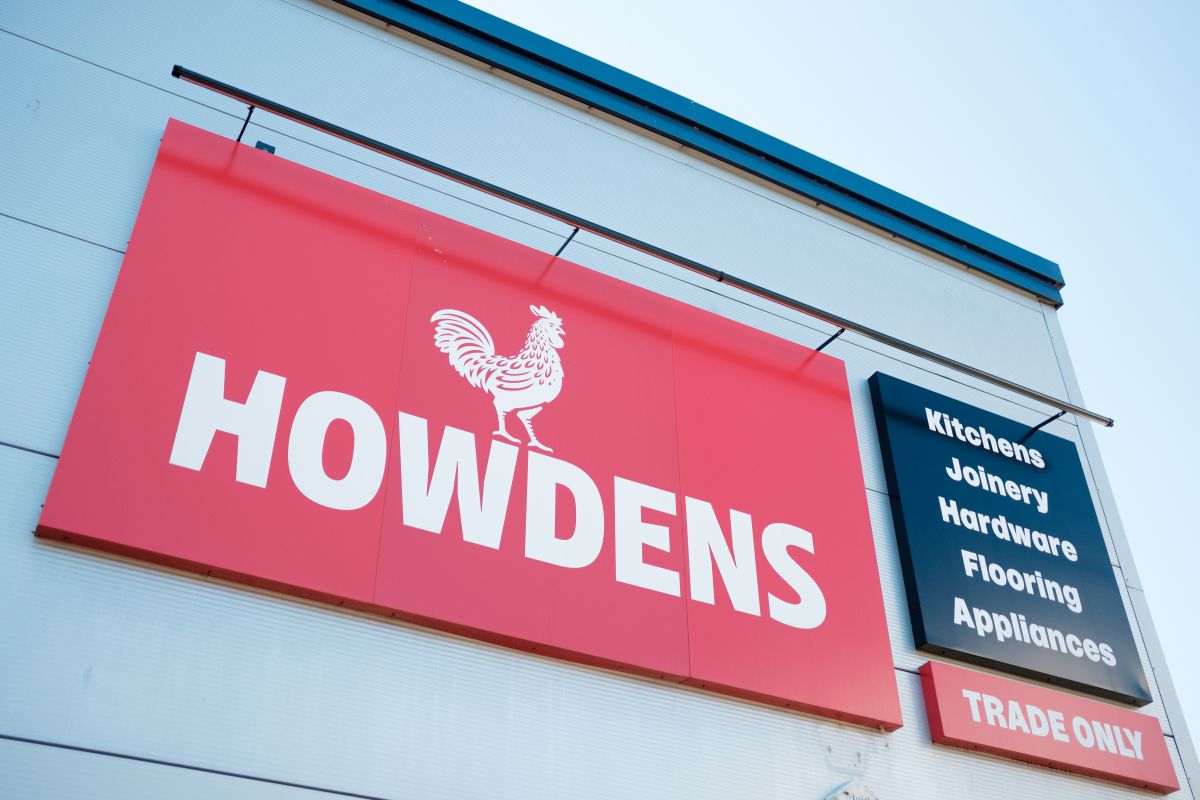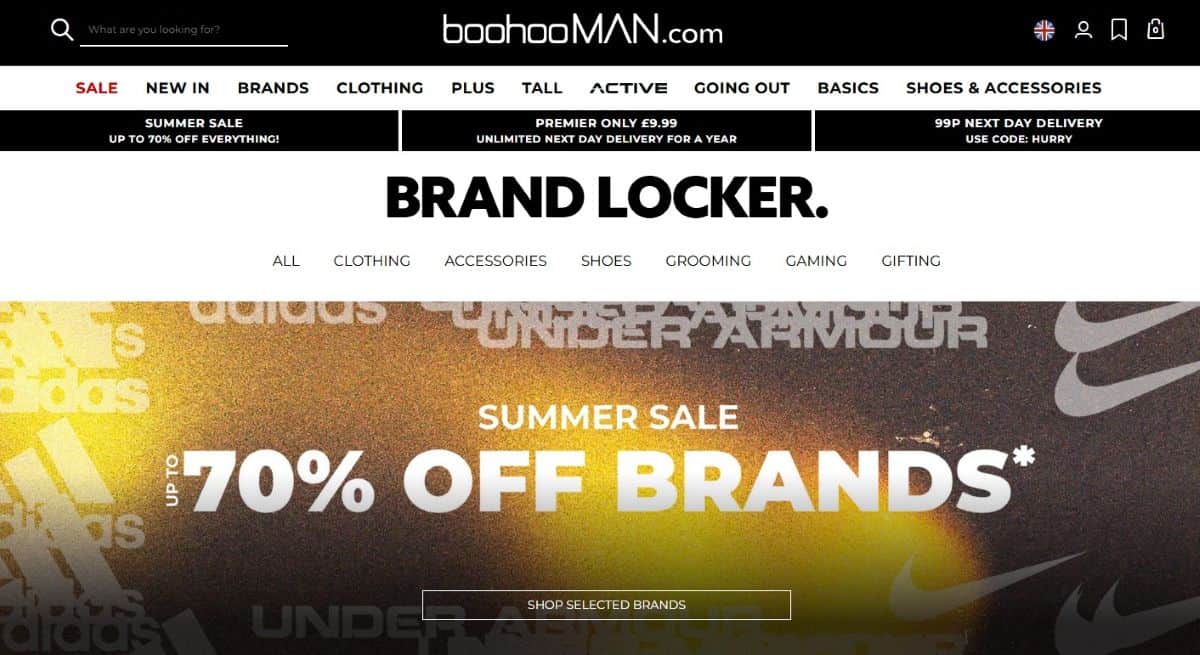The impact of war in Ukraine is already being felt on international trade and ecommerce deliveries, while rising costs and product prices are likely to be felt in future, along with supply chain issues, new analysis suggests.
Parcel comparison website ParcelHero says the costs of the conflict, which is already directly affecting both Ukraine and Russia, will be felt by UK companies – even if they do not themselves trade in Eastern Europe. Meanwhile, Kantar warns that grocery prices could rise still further under pressure of the events.
The war between Ukraine and Russia started on Thursday morning, when Russian troops invaded. The move was followed in the following days by increasingly severe sanctions from countries around the world, including the UK. They have so far included the banning of Russian air services from European, UK and Canadian air space – and vice versa. Shipments into ports in the UK and Europe are also affected by sanctions, as are payments.
Effect on delivery services
ParcelHero says that delivery services and container shipments to both Ukraine and Russia have already been suspended, with items in transit being returned to sender where possible, while in Ukraine logistics companies have asked employees to stay at home with their families.
David Jinks, head of consumer research at ParcelHero, says: “It’s not just physical goods sales to Russia that are being impacted.” He says that British, EU and US companies operating electronic services in Russia are seeing payments to them frozen after these countries removed selected Russian banks from the Swift messaging network and froze the assets of Russia’s central bank. Bank cards issued by five Russian banks are no longer working for Russian customers trying to pay for Netflix subscriptions, for example, or access payment services from Apple and Google.
Jinks says that Etsy is waiving all fees owed by Ukrainian sellers, a sum of approximately $4 million, while eBay.com has announced it has suspended its Global Shipping Program service into Ukraine and Russia. The lack of Russian exports in areas including textiles, phamaceuticals, electrical equipment, machinery and transport equipment could all affect supply chains and costs.
Rising costs
“Looking beyond the immediate logistical problems for deliveries, it is likely UK businesses will see an increase in costs because of a rise in diesel and petrol prices,” says Jinks. “Even though the UK is nowhere near as dependent on Russia for oil and gas as the EU, increased demand is pushing up prices everywhere. For example, diesel is now at 154.72p per litre, says the RAC. Food retailers are likely to see an increase in prices. The Russia-Ukraine plains were once called “the breadbasket of Europe”. The area exports about a quarter of the world’s wheat and half of its sunflower products, such as seeds and oil. In addition, Ukraine sells a lot of corn globally. Some analysts are predicting a doubling of global wheat prices.”
Kantar today said that grocery prices had risen by 4.3% in February and that shoppers would likely see prices rise again as a result of “ongoing supply chain pressures and the potential impact of the conflict in Ukraine”. The market researcher said that take home grocery sales fell 3.7% in the 12 weeks to February 20 compared to the same time last year – but were still 8.4% higher than two years ago.
Online sales, said Kantar, accounted for 13.3% of all grocery spending, 2.1 percentage points lower than last year, as 835,000 fewer people bought groceries online in the past four weeks in the wake of the Covid-19 pandemic and lockdowns than did a year earlier, when 6.6m buyers bought online, in total.
ParcelHero’s Jinks says the smaller Ukraine conflict of 2014 meant Great Britain lost around £0.67bn, according to a report from the Vienna Institute of International Economic Studies. While it’s too early to tell what the cost of this war will be, Jinks says: “The current conflict is on a far larger scale and the economic sanctions imposed on Russia are far more severe, so expect these numbers to be the tip of the iceberg.”
Ecommerce Europe, which represents the retail and wholesale sector in Europe, has called on European leaders to look at how the mitigate the worst effects on European consumers of the rising inflationary pressures. It adds: “For our part, retailers and wholesalers will do all they can, as they did during Covid, to overcome any wider disruption arising from the invasion and its fallout, and to ensure Europe’s citizens continue to have access to their daily essentials.”
Cyber attack warnings
Meanwhile, a cyber security firm has warned that businesses could be at a heightened risk of cyber attacks following the invasion.
Mike Wills, director of strategy and policy at CSS Assure, says businesses should make themselves as hard to hack as possible at all times – but now more so than ever. “From a strategic perspective,” he says, “there is a significant risk that Russia may seek to create instability within western countries and, specifically, the UK as a means to distract focus and attention away from the situation in Ukraine and onto closer, acute problems at home. In this day and age, this is easier to achieve virtually by means of cyber attacks. To achieve instability and distraction, we may find attacks targeting services that we rely on heavily on a day-to-day basis, such as health, banking, utilities, water, transport infrastructure and supply chains/.”
He adds: “No business will want the association or ignominy of being the weakest link. While a security programme cannot be established overnight, the best time to start is today. In the interim, heightened vigilance and discipline is critical to defending against a cyber attack. At minimum, businesses should consider resetting passwords in case they have already been breached and are enabling access to web portals and email accounts, as well as remind employees to think twice before opening or clicking links on any suspicious emails.
“Multi-factor authentication – which requires users to provide two or more verification factors to gain access to a resource – should be implemented wherever possible, and software upgrades and patches should be up to date. Businesses should also dust off, review and rehearse incident respond plans so they know how to react swiftly to any attack and are able to minimise its potential scope and scale. Finally, ensure all critical information is backed-up off network in case of a ransomware attack.”









